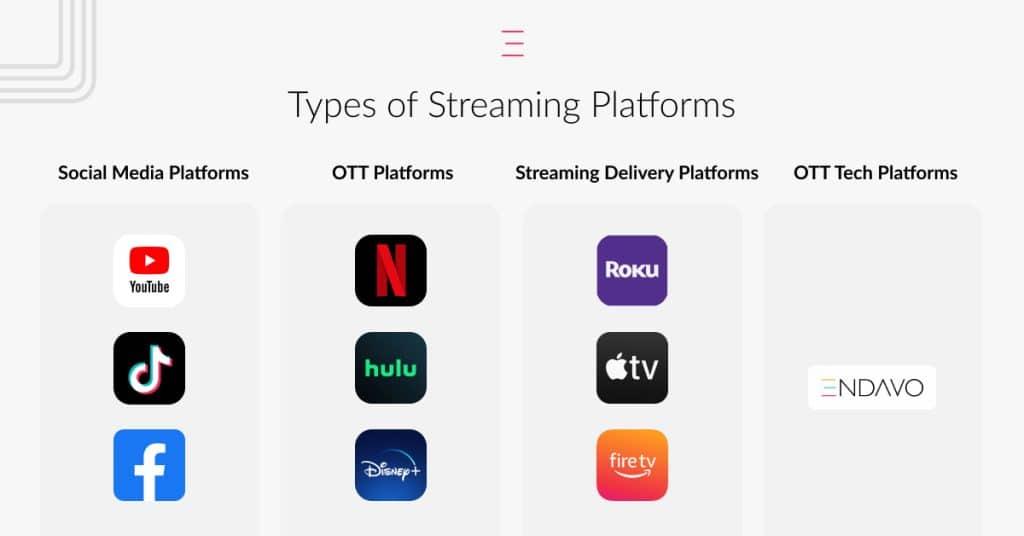In the ever-evolving landscape of entertainment, streaming platforms have revolutionized how audiences consume content, offering unparalleled convenience and a vast array of choices at their fingertips. As these platforms continue to flourish, a pivotal question emerges: should streaming platforms pay residuals to actors? This inquiry delves into the financial dynamics of the digital age, where traditional revenue models are being redefined. While some may view this as a complex challenge, there lies an optimistic opportunity to reshape the industry’s economic framework, ensuring fair compensation for talent while fostering innovation and growth. By exploring the potential for equitable distribution of streaming revenues, we can pave the way for a more sustainable and thriving entertainment ecosystem that benefits creators and consumers alike.
Analyzing the Current Landscape of Residual Payments in Streaming
The evolution of media consumption has ushered in a new era for entertainment, yet the financial models have not always kept pace. With streaming platforms becoming the primary mode of content delivery, the question of residual payments for actors has become increasingly pertinent. Traditional television and film projects have long included residuals, compensating actors for the continued use of their work. However, the streaming industry operates under different paradigms, leading to a unique set of challenges and opportunities.
Key considerations in the debate over streaming residuals include:
- Transparency: The opaque nature of streaming viewership data complicates the calculation of fair compensation.
- Standardization: Unlike traditional media, there is no industry-wide standard for residuals in streaming, leading to varied practices across platforms.
- Value Creation: As streaming platforms rely heavily on original content, equitable compensation can incentivize talent and drive innovation.
Despite these challenges, the potential for crafting a fair residual framework remains promising. By fostering collaboration between stakeholders, the industry can establish a system that rewards talent appropriately while accommodating the unique dynamics of digital media.

Understanding the Impact of Residuals on Actors Livelihoods
In the ever-evolving landscape of entertainment, the significance of residuals cannot be overstated. Residuals, essentially a form of royalty paid to actors for the continued use of their work, serve as a financial lifeline, especially in an industry known for its unpredictability. Streaming platforms, with their global reach and 24/7 accessibility, have revolutionized how content is consumed. Yet, this digital shift raises critical questions about the traditional compensation structures. As traditional television residuals wane, the need for fair compensation from streaming platforms becomes paramount, ensuring actors can sustain their careers in a rapidly changing ecosystem.
- Financial Stability: Residuals provide actors with a reliable income stream, crucial during gaps between projects.
- Recognition of Work: They acknowledge the enduring value of an actor’s contribution to a production.
- Incentive for Quality: Ensuring residuals from streaming services encourages actors to invest their best efforts, knowing their work has long-term value.
Ultimately, embracing a residuals model that includes streaming platforms aligns with an optimistic vision of an equitable future for all stakeholders in the entertainment industry.

Innovative Approaches to Fair Compensation in the Digital Age
In the evolving landscape of digital entertainment, the debate around fair compensation for actors in the streaming era has gained momentum. Streaming platforms have revolutionized content consumption, yet the compensation structures have not kept pace with this rapid change. As traditional residuals from TV reruns become obsolete, a new approach is essential to ensure actors are fairly rewarded for their contributions. This brings us to the question: Should streaming platforms adopt a residuals model similar to that of traditional media?
- Value of Content Longevity: Streaming platforms benefit from the perpetual availability of content, which can generate long-term viewership and revenue. Implementing a residuals system could align actors’ compensation with the ongoing value their performances bring.
- Promoting Talent Sustainability: By paying residuals, platforms could support the sustainability of talent, encouraging a more diverse range of voices and stories. This could foster a richer content ecosystem, benefiting both creators and audiences.
- Technological Feasibility: With advanced analytics, streaming services can track viewership metrics accurately. This data could be utilized to create a transparent and fair residuals framework, ensuring actors are compensated based on actual audience engagement.
Adopting a residuals model for streaming could be a win-win scenario, providing fair compensation for actors while enhancing the industry’s growth and innovation.

Recommendations for Balancing Profitability and Fairness in Streaming Platforms
Balancing profitability and fairness in streaming platforms is a nuanced challenge that requires innovative strategies and a commitment to equitable practices. To achieve this balance, platforms can adopt several recommendations that not only ensure financial sustainability but also uphold the rights and contributions of actors. Here are some key considerations:
- Dynamic Residual Models: Implementing a flexible residual payment system that adjusts based on the popularity and viewership of content can ensure actors are fairly compensated without overwhelming the platform’s budget.
- Transparent Revenue Sharing: Clear and open communication about how revenue is generated and distributed can build trust and encourage collaboration between platforms and actors.
- Collaborative Negotiations: Engaging actors and their representatives in the decision-making process can lead to more equitable agreements that reflect the changing dynamics of digital content consumption.
- Investment in Diverse Content: Supporting a wide range of content can attract diverse audiences, thereby increasing overall revenue and creating more opportunities for actors.
By embracing these strategies, streaming platforms can create a thriving ecosystem where profitability and fairness coexist, ultimately leading to a more sustainable and inclusive entertainment industry.







































